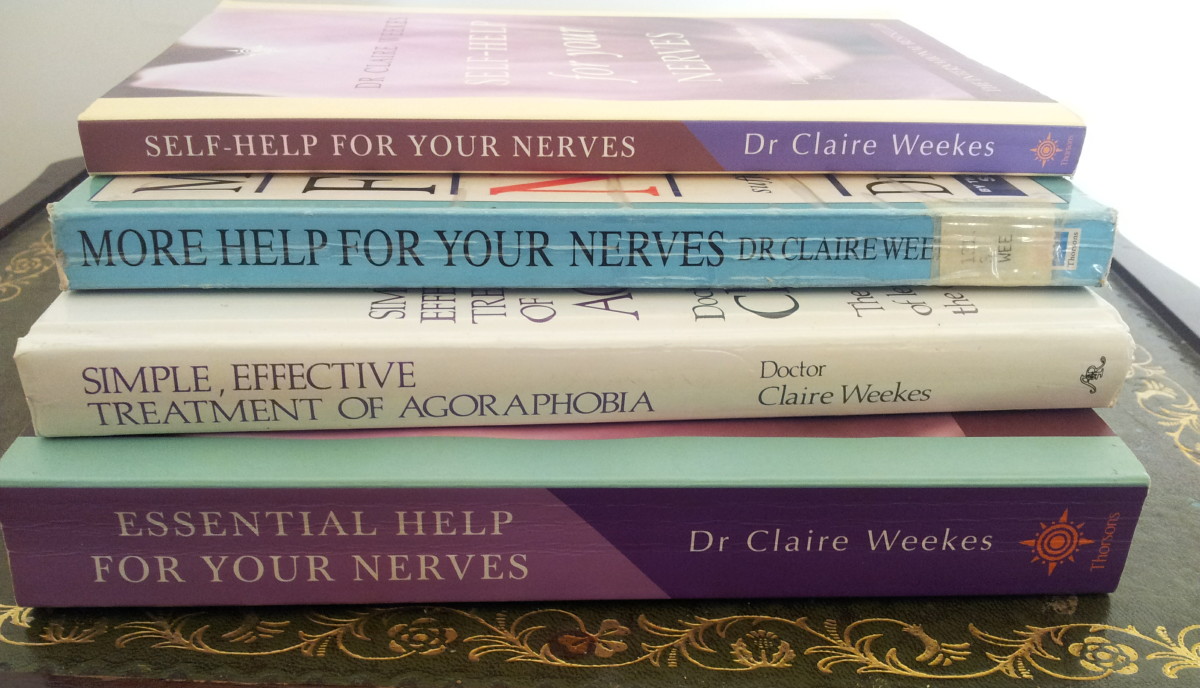Questions to consider in going to counseling

- 10 Ways to Find a Good Therapist | World of Psychology
When we want to improve our bodies we pretty much know where to find help. This time of year the gyms are full and the meeting rooms at Weight Watchers are packed. But what do we do when we want to improve our inner selves, our relationships, or want - How to Find a Good Marriage Counselor
- How to Find a Therapist
Whether an adult or child needs therapy, finding the right therapist takes research, patience, and intuition.
Some Considerations About Counseling
When you are considering counseling for your problems, there are many questions for you to consider. The first consideration is whether or not counseling works. My own experience is that people get out of it what they put into it. If you are entering counseling with the expectation that it will change you without you having to get out of your comfort zone, you will be disappointed. If you want to make changes in your life, your thinking or your relationships, counseling can help with those changes. Counseling helps you know what kind of changes to make and where to make them.
Counseling works, but you also need to consider how much you want to work. When you attend the counseling with the full intent of it being a ‘share and stare’ meeting where you reveal nothing and make no changes, you may feel frustrated. The effectiveness of counseling increases when you work on your issues outside of the counseling session in addition to working on them in the sessions.
Another consideration is ‘What kind of change do you want to make?’ The best type of counseling for your situation depends on the type of change that you are wishing to make. Another issue is whether or not you need support during the change. Group counseling often provides a more extensive support system than one on one counseling. Although group counseling has the support, that same group of people can create intensive peer pressure. Some issues are dealt with more cost effectively than in one on one counseling.
Substance abuse recovery programs often emphasize group counseling approaches. The group ‘peer pressure’ often helps in creating accountability. Although some people gain benefit from just attending group counseling, those who actively participate often gain more. If you are one of those people who dislike speaking in front of people, the one on one counseling may be the choice that you choose.
It has been suggested that the group technique known as psychodrama is considered by many to be one of the most intense group approaches to counseling. Although this approach is intense, the potential of making change is greater as well.
Although they share many similarities, all one on one counseling are not the same. Some interventions are more intense than others. The nature of the intensity varies depending on the preferred therapeutic approach of the counselor. Some approaches emphasize relationships, some your behavior, some your emotions, and some your inner world. Finding the right fit of approach, counselor and your own make-up help you attain more desirable results.
With the many different approaches, you need to have some idea of what kind of change you are desiring. It would be silly to see a children’s play therapist when you are wanting a counselor to help you stop smoking. Although all counselors are trained, the areas of their expertise vary widely. Finding the counselor who area of specialty and approach that best fits takes work.
When it comes time to seek counseling, you may want to call counselors in your areas in order to find the best fit for you. Shopping for counselors based solely on price or who is on your insurance plan can be disappointing. When you are working on issues that are important and personal, you will want the person who can help you the most. You will also want one that has experience in the areas that you are needing to change. Making your selection based on price can be disappointing. Yes, you may have found a ‘cheap’ counselor, but are they effective, and qualified to deal with your issues? This is where the old adage of “You get what you pay for” often fits. The counselors working for the lowest fee may are often not the ones who are the experts in their field. If you want a nationally known expert who has researched and published extensively in the area you are wanting help with, you will need to be prepared to pay more for their experience.
You may also want to consider your values and world view. Finding a counselor whose values and world view is compatible with yours often helps with many issues. When your values and those of the counselor are incompatible, there is the possibility of conflict. Although you may grow by working through the conflict, such situations often interfere with the counseling process. You may not find a counselor whose views totally line up with yours, yet the greater the compatibility, the greater the likelihood that it will be a good experience for the both of you.





